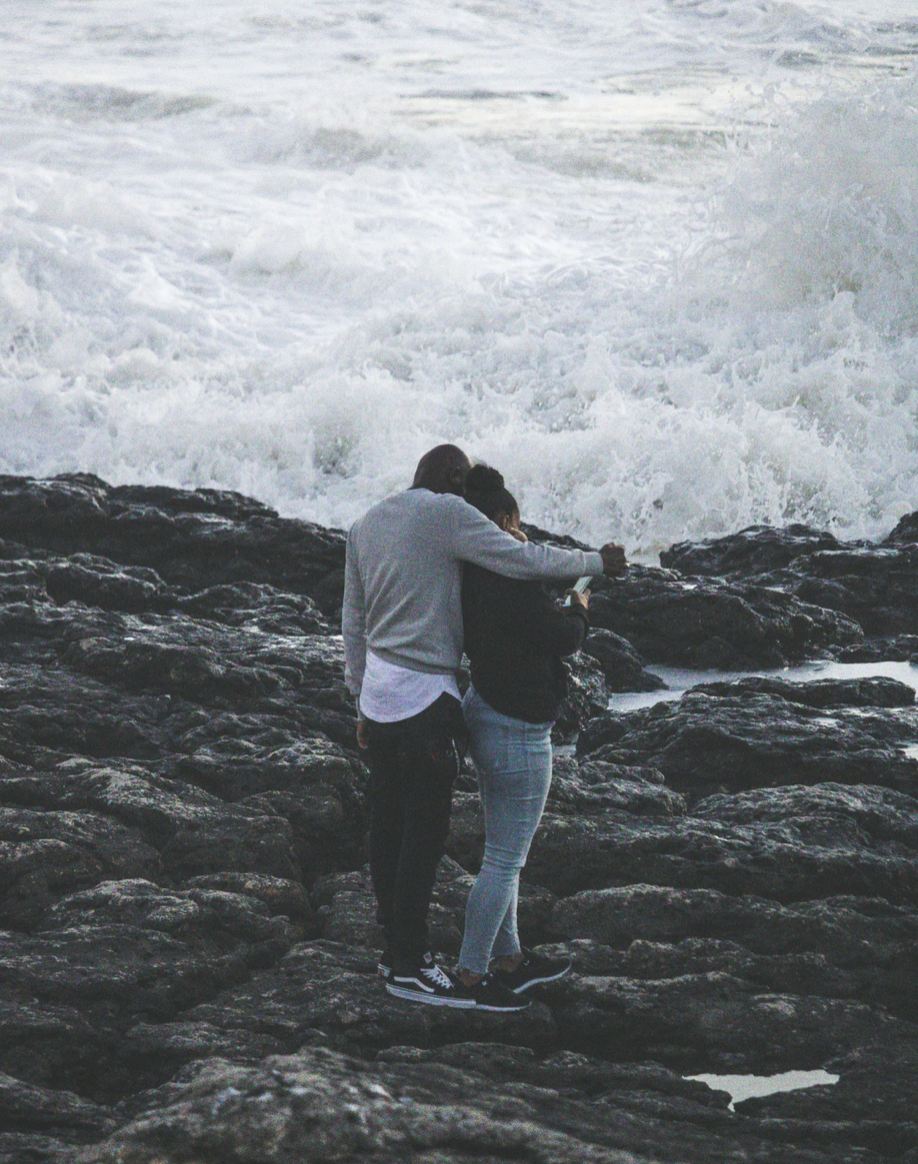Zoomers: Redefining Sexuality
Younger generations are always bucking tradition. Young and unapologetically single flappers in the 1920’s, psychedelic-seeking hippies in the 60s and 70s, grieved goths / political punks / antagonistic alts in the 80s and 90s, culture clashes amongst the generations is a tradition in its own right.
When it comes to today’s youth, the vernacular has broadened, often beyond the pale for some of their parents and grandparents, and they define and identify their own sexuality much differently than previous generations. More people are identifying in broader sexuality categories than last century’s standard gay/straight one.
After re-specializing in Clinical Psychology, and in the process of learning new listening techniques and interviewing skills, Dr. Savin-Williams, researcher and Professor Emeritus of Developmental Psychology at Cornell University, sought to understand this new generational shift, and thought that it would be interesting to just sit and talk with young people regarding their views on sexuality, love, romance, and friendship.
In his new book, bi: Bisexual, Pansexual, Fluid, and Nonbinart Youth, Dr. Savin-Williams found that younger generations were moving beyond labels when it came to their labeling and identifying their sexuality and were more likely to disregard the sex question over race or ethnicity questions on forms and surveys.
After receiving consent to record and interview 300-400 youth over the course of a year, Dr. Savin-Williams asked probing personal questions that many admitted no adult had ever asked them before. Questions such as how young their earliest understanding of sexuality was or ages of first crushes, etc. Many admitted to knowing/understanding romantic feelings or attraction to another from early childhood, women who had had sexual experiences during their adolescence / teen years, but considered themselves heterosexual, and a lot who did not want to segment off half of the population, being in the “Hearts Not Parts” category.
But because so many young people have questions and find their sex education lacking, they resort to learning about their own sexuality from the worst possible instructor: Porn -- which makes sense with the ease of access and lack of communication with adults, especially if their budding desires did not fit into the standard heterosexual boxes, boys like girls, girls like boys. Bare bones sex ed classes in most school, despite the inclusion of homosexual terms in some of the nation’s more progressive school districts, do not normally cover the topic of dual-attaction, leaving many young people confused and isolated. But with the rise in use of Tik-Tok and Discord, these young people have found community -- and have adopted language they feel better defins them, such as pansexual.
Peer-led peeks at porn is certainly not relegated to today’s cyberculture -- just ask most grown men if they ever had a childhood friend show them a racy catalog or copy of Playboy as they were growing up. I had a downstairs neighbor who upon moving out, gifted me an entire box of Hustler and Penthouse when I was 13 -- although, that’s a story for a whole other set of articles. But we know that learning from pornography is a dangerous pedogogy that shouldn’t be encouraged. Incomplete Human Sexuality education leaves these kids itching to find out the things the adults won’t mention and unable to make fully informed health and/or lifelong decisions.
Thinking kids have not accessed porn is keeping blinders on in a blizzard. Blocked sites and apps only work on personal devices; you can’t prevent what their friends may show or tell them. Out of all the participants, Dr. Savin-Williams found that only two had had deep and frank discussions with their parents about sex and sexuality, both of whom were extremely open and comfortable with themselves and their relationships with their parents, people they know they can ask anything of. Never speaking about sex and sexuality or doing the bare minimum sex talk; a very brief, “What did you learn in Health Class today?” question you’re hoping won’t go into too much detail or leaving a box of prophylactics in their drawer, etc., are not as helpful as well-intentioned but embarrassed-as-all-get-out parents think they are being.
But how do parents and caregivers ensure these young adults are leaving the nest armed with the best knowledge? Dr. Savin-Williams says sex and sexuality disussions should begin as soon as possible. If kids are asking questions, we should be answering them in the most age-appropriate way possible. Depending upon the child’s interest and developmental stage, we should be speaking with our children about sex and romance throughout their childhoods. Each August / September, teachers far and wide spend the first few weeks reviewing material from the previous grade level; education on nearly all topics needs a solid foundation and sustainable models and materials to be useful.
Dr. Savin-Williams ensured that the youth who participated in his research study were at least 18, so they were free to speak openly and honestly (and confidentially) without judgment. They spoke both from their childhood perspectives and memories, through their current life course in terms of sexuality, sex, love and romance. He found them rejecting the sexual binary most of us were raised by, with them wanting to be more non-conforming. Dr. Savin-Williams found the women participants to be much more explicit than the men, willing to speak frankly about their sexual experiences, although the author was not sure if that was a cultural shift or if they perhaps felt more comfortable to discuss such personal topics because he was a non-threatening gay man.
Love and romance isn’t something that suddenly one day happens; it is a fundamental part of human existence and destigmatizing the shame and embarrassment around talking about sex and sexuality is a must if we are to raise powerful, capable, and informed generations. There are various ways in which we don't honor the integrity of the young people in our lives and Dr. Savin-Williams believes that it should not be this hard to do so.


